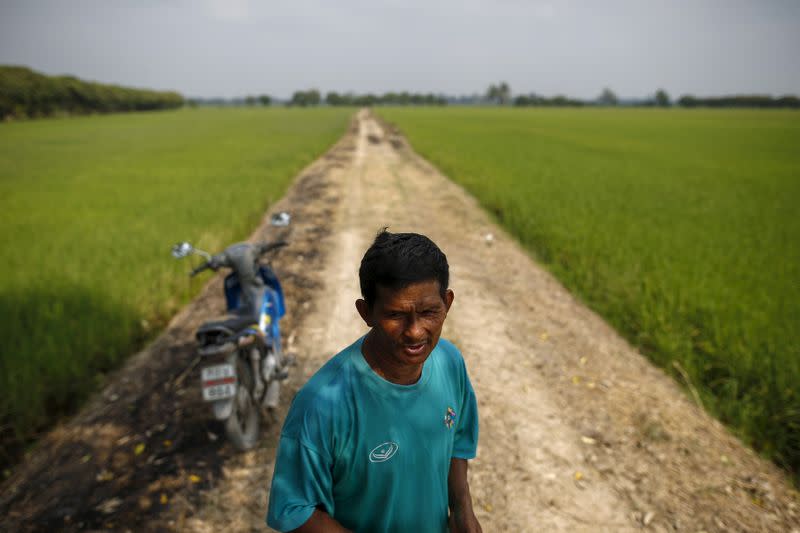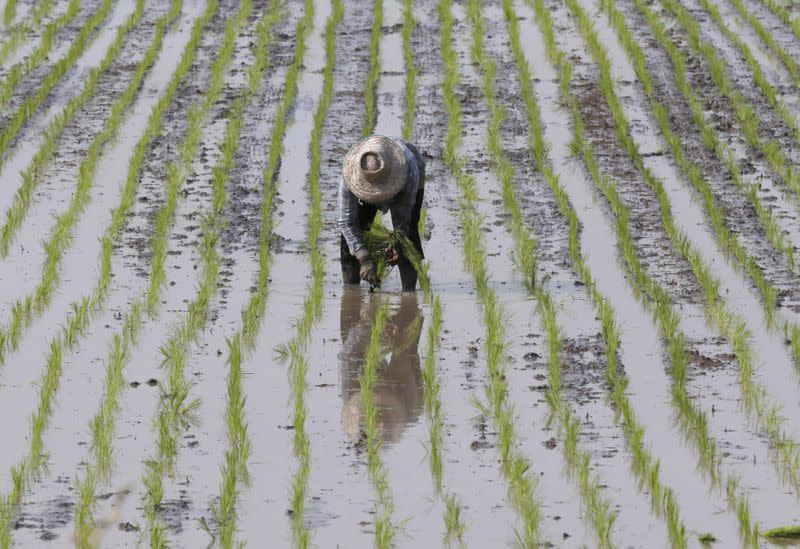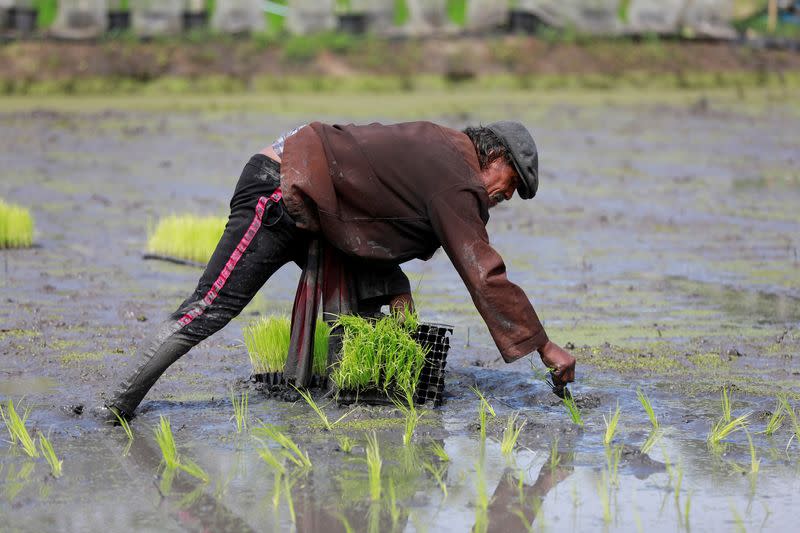World Bank says Thai poverty rate increases, farm income slides
By Patpicha Tanakasempipat
BANGKOK (Reuters) - Thailand needs to invest in education and create jobs in higher-income sectors, the World Bank said in a report on Thursday that showed a rising rate of poverty as the country's economy slowed.
Thailand is Southeast Asia's largest economy after Indonesia but has lagged its regional peers and grew at its weakest pace in five years in 2019.
The country of 69 million reduced overall poverty over three decades to just under 10% in 2018 from more than 65% in 1988, but the trend started to reverse from 2016, data from the World Bank report showed.
The rise in the number earning below the national poverty line, set at less than 90 baht ($2.85) a day in 2018, was mainly because of falling incomes for Thailand's bottom 40%, many of whom were urban workers and rural farming households, between 2015 to 2017, the country report found.
"Wages for people in agriculture and manufacturing did not increase as much as we needed to reduce poverty, but the other way around," Birgit Hansl, World Bank Thailand's country manager, told a news conference. Hansl blamed lower commodity prices and major droughts.
Nearly a third of Thailand's workforce is in the low-income agricultural sector, which produces and exports commodities such as rice, natural rubber and sugar for global markets.
Thai farmers often rely on financial support from loans or handouts from governments to help offset declining farm prices.
Previous measures included a populist rice subsidy scheme from a previously-toppled civilian government buying millions of tonnes of the grain from farmers at prices above the market between 2011 to 2014.
Such social welfare programmes can help to soften the impact of economic volatility and reduce poverty in the short term, the World Bank said.
But it warned they could prevent longer-term productivity by delaying farmers' moving to higher-paying jobs in the manufacturing or service sectors, or preventing them switching to more crops that are more profitable or less vulnerable to drought.
"Perhaps some policies here in the past that were related to support to farmers on growing a specific crop might have prevented faster transformation," Hansl said.
The organisation also said Thailand needs to improve access to education for children from lower-income families, policies on safety nets and create better jobs to address inequality.
(Reporting by Patpicha Tanakasempipat; editing by Barbara Lewis)




